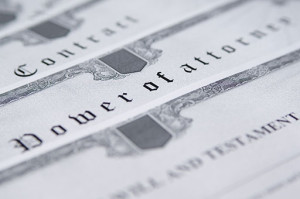
In certain transactions, an individual may find it difficult or is unable to personally conduct a certain procedure that a need to authorize a party to do such on his behalf is warranted. The instrument authorizing a party to act in behalf of one party is called the Power of Attorney.
In Thailand, there are two types of Power of Attorneys with each signifying different levels of durability and coverage. The General Power of Attorney is more durable and has a wider coverage than the Special Power of Attorney.
Also, in the execution of a Power of Attorney, there are two parties involved: the Principal and the Agent. To differentiate, it is the principal who grants the authority for the other party to legally act on his behalf. On the other hand, the individual being granted with such authority is the Agent or the Attorney-in-Fact.
Now, both the grantor and the agent needs to be legally qualified to be as such in order for the Power of Attorney to be enforceable but the requirements are not limited to the parties involved only but also on the instrument itself as it needs to be notarized in order to be valid.
Foreigners in Thailand may have reservations or concerns when confronted with the reality that they have to execute Power of Attorneys due to certain circumstances. The cause of their concerns may be because of the language barrier as the Thai government utilizes the Thai language.
When concerns such as these arises, it would be helpful if they seek the advice reputable lawyers in the Kingdom especially those who are first speakers in Thai but also have great command in English. Lawyers who are exceptional in both language can provide accurate translations on the contents of the Power of Attorney as well as in making sure that the involved parties have comprehensive understanding on the purpose on executing the instrument and its provisions.

